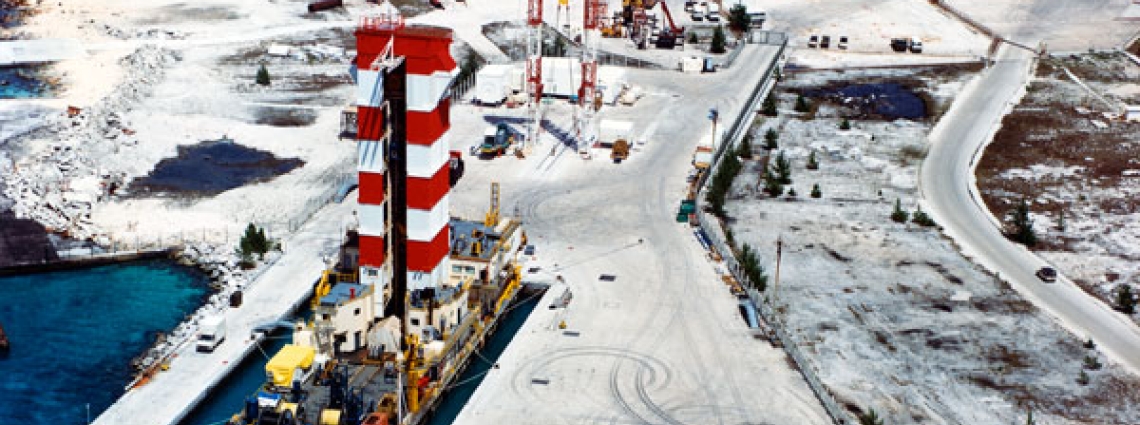Fifteenth anniversary
of France's last nuclear test
of France's last nuclear test
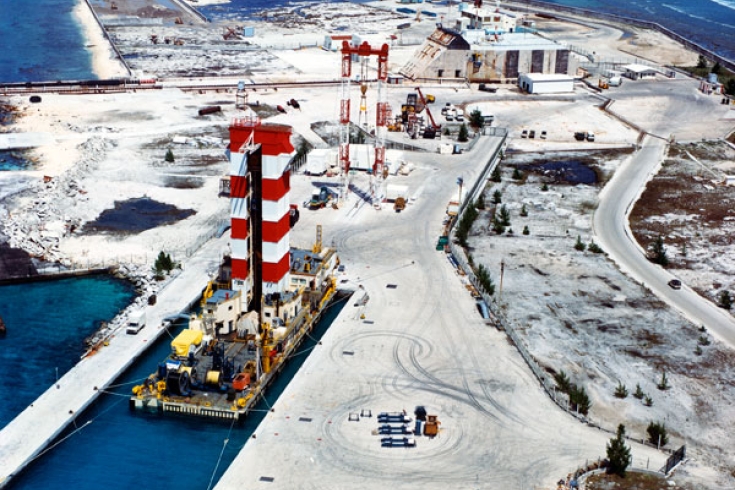
Dismantling France’s Pacific Nuclear Test Centre – Darse 1987
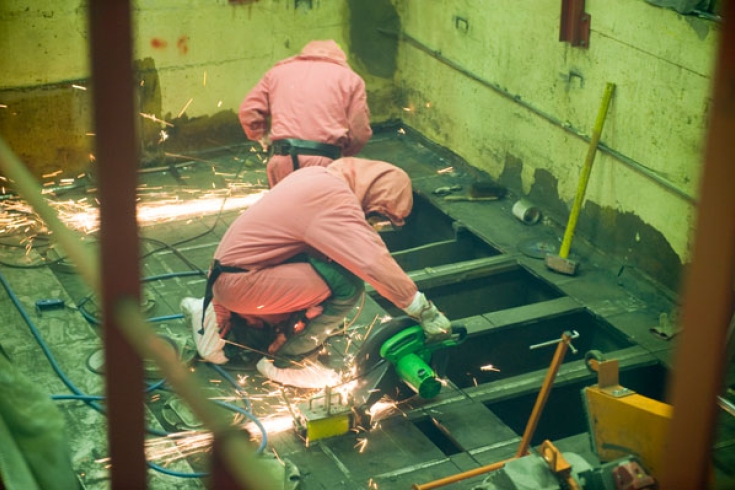
Dismantling of facilities at Marcoule - UP1 plutonium reprocessing plant June 2009
Spiking the bomb
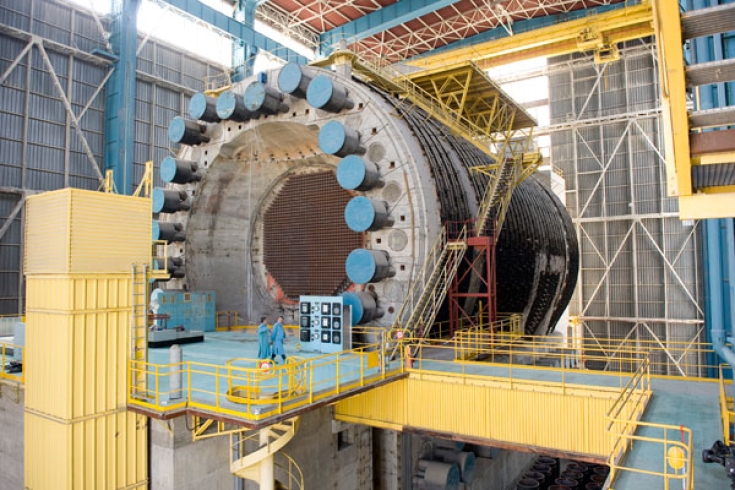
Dismantling of facilities at Marcoule - G2 reactor June 2009
First nuclear weapon State to ratify Treaty
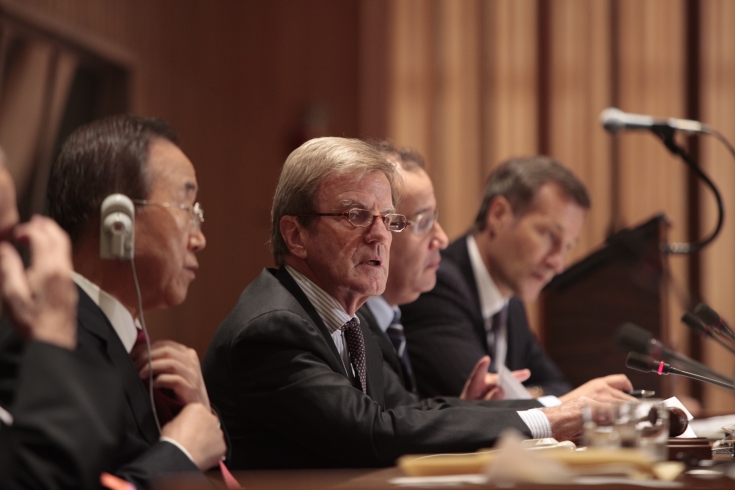
H.E. Mr. Bernard Kouchner, Foreign Minister of France, addressing the Conference on Facilitating the Entry Into Force of the Comprehensive Nuclear-Test-Ban Treaty.
27 Jan 2011
